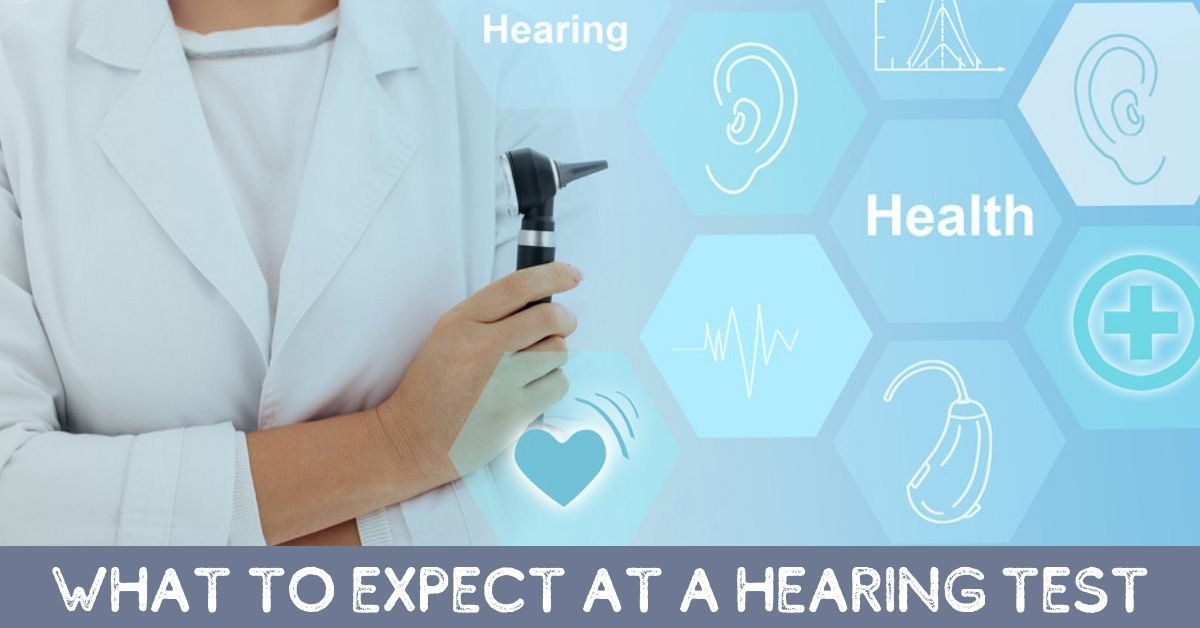- Common Hearing Aid Problems & How to Fix Them - June 14, 2021
- Why People Avoid Treating Hearing Loss — and Why You Should Schedule a Hearing Test! - May 21, 2021
- Common Hearing Aid Problems & How to Fix Them - May 14, 2021
Those who feel they might have hearing loss should start by getting their hearing tested by a hearing professional. It is the important first step in the journey of anyone’s hearing loss treatment.
Hearing loss can impact any individual and often develops so slowly that it can be hard to identify until symptoms arrive. It has a substantial long-term effect on your mental and physical health. But because initial damage is rarely accompanied by physical pain, it’s tricky to detect immediately. That’s why hearing experts recommend you treat it as early as you can.
The aim of a hearing test is not only to assess whether you have a hearing loss, but also its extent. An in-depth test can also help to establish the type of hearing loss that you face: whether it be conductive, sensory or mixed, and which course of treatment is best for you. If you’ve been wondering what is involved in a hearing test with us, then read on.
1. A consultation
Prior to your consultation, collect your medical history. This is helpful because certain drugs or a history of loud noise exposure (whether at work or play) might be a factor in any hearing loss we find. Plus, some conditions which affect hearing are genetic, so if your parents or other family members have experienced similar symptoms, it could be useful to know.
As you arrive at our practice, we will have a short discussion on your lifestyle and hearing needs. This is where we explore various areas of your listening ability such as times and places where you have the greatest difficulty in hearing, and anything in your medical history related to hearing.
2. An ear exam
Next, your ears are usually briefly examined. This is a painless procedure known as an otoscopic examination, in which we examine your ears with an otoscope and determine whether there are problems. This is our chance to check your ear canals or eardrums for any injuries or damage and to detect whether there is an excessive ear-wax which may be obstructing your ability to hear.
3. Hearing tests
In order to prevent other noises which may interfere with your test, hearing tests are usually conducted in a quiet, soundproofed room. You will wear headphones or soft earplugs with wires that are connected to a machine. There are typically two main tests: a pure tone test and a speech recognition test.
Pure Tone Test: This test measures the quietest sounds you can detect at each frequency examined. We communicate and provide instructions via your headphones. A number of tones will be played at various pitches and volumes. When you hear them, you’ll be asked to push a button or raise your hand.
Speech Audiometry Test: This test determines your ability to recognize and comprehend regular conversations. We measure the softest sound that your ear can identify, as well as how clearly you understand spoken words. The speech recognition test tells us the lowest volume of speech you can understand 50% of the time. It’s quite a straightforward procedure. We will play a series of words to you and modify the sound level of the speech every time. Then we’ll ask that the words be repeated.
4. A complete explanation of your results
Following your tests, the results are then shown visually on a graph called an audiogram. This displays the gentlest sounds you can hear in various pitches or frequencies. The audiogram’s vertical axis tells us the sound’s intensity or volume and the horizontal axis shows the sound frequency. You will also receive a speech recognition score. Don’t worry, we will be on hand to explain every part of the audiogram, as well as answer any further questions you may have.
It is estimated that people wait an average of seven years between the time they first notice their hearing loss and the time they decide to seek treatment. In that time a number of negative effects can stem from untreated hearing loss.
Dr. Hear
Your hearing health is important to us and we want to help you every step of the way. If a hearing loss arises from your test, we can take immediate steps to facilitate treatment. Contact us today at Dr. Hear to schedule a hearing test.

